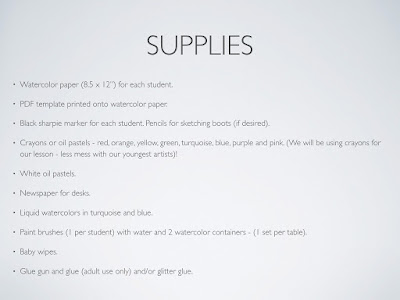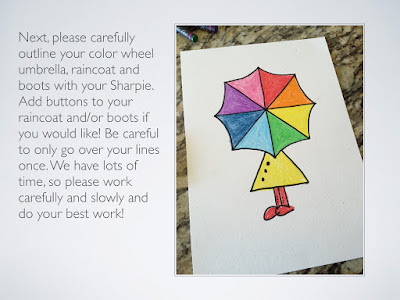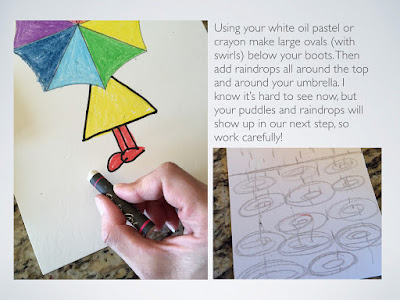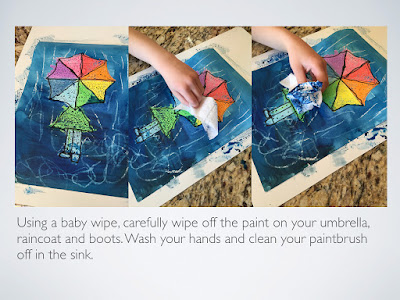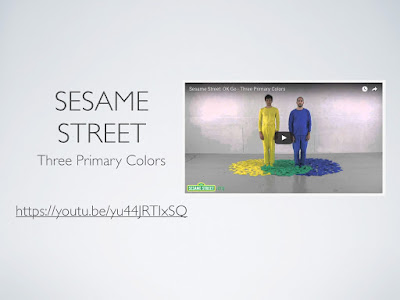 |
| Link to video |
Wednesday, February 24, 2016
Monday, February 1, 2016
Geometric People
Artist: Keith Haring
Grade: 4th
Medium: Construction Paper
Reason for Lesson: To teach principles of shape, movement and proportion
Element of Art: Shape
Principle of Art: Movement and Proportion
Prep Time: 15
minutes
Class Time: 45 minutes
Materials: Black
construction paper, Colored construction paper, Glue, Scissors
Instructions to Lead
Lesson:
- Show Keith Haring’s picture and discuss his life and type of art briefly. Discuss with the students what influenced his work and how he became interested in art.
- Bridging the gap between the art world and the street, Keith Haring rose to prominence in the early 1980s with his graffiti drawings made in the subways and on the sidewalks of New York City.
- Combining the appeal of cartoons with the raw energy of Art Brut artists like Jean DuBuffet, Haring developed a distinct pop-graffiti aesthetic centered on fluid, bold outlines against a dense, rhythmic overspread of imagery like that of babies, barking dogs, flying saucers, hearts, and Mickey Mouse.
- His early influences included: Walt Disney cartoons, Dr. Seuss, Charles Schulz, and the Looney Tunes characters in The Bugs Bunny Show
- Show Keith Haring’s Artwork “Dance”. Have students talk about what they notice and write their thoughts on a board.

- Have the students stand and position their bodies in different poses with bent arms and legs like the figures in Keith Haring’s artwork.
- Point out elbow and knee joints and how arms and legs have two main sections
- Talk about geometric shapes. Draw the shapes on a white board as students list the shapes.

- Ask the students which geometric shapes could be used for different parts of the body. (i.e. head, arms, legs, feet, fingers)
- Draw a human figure on the board using only geometric shapes. Leave spaces between each of the shapes.

- Have the students start their own figure. Have them cut out different shapes to represent parts of the body and lay the figure down on black construction paper. Tell them to make sure the figure shows movement. Have them place their shapes on the black paper before gluing. This allows them to move the shapes around. Once they’ve created their figure, have them glue one piece at a time and keeping the others in their place until all shapes are glued down.
Subscribe to:
Comments (Atom)






